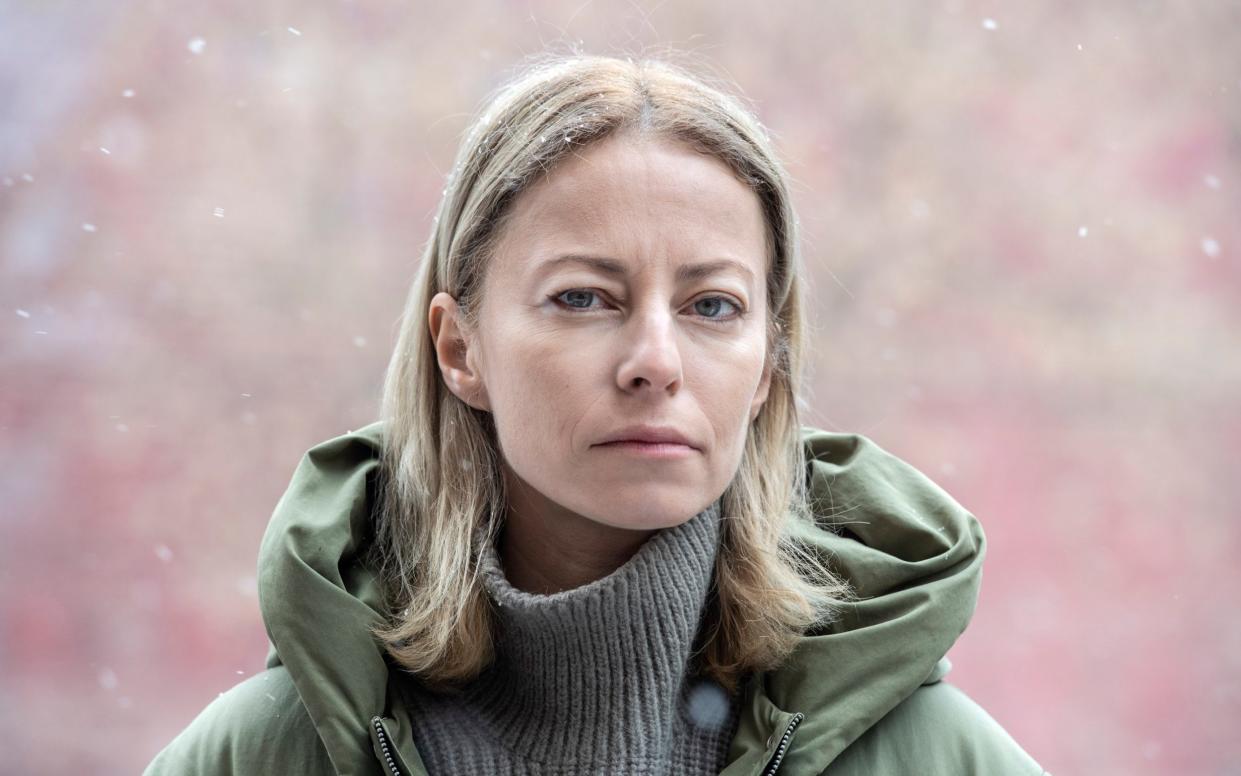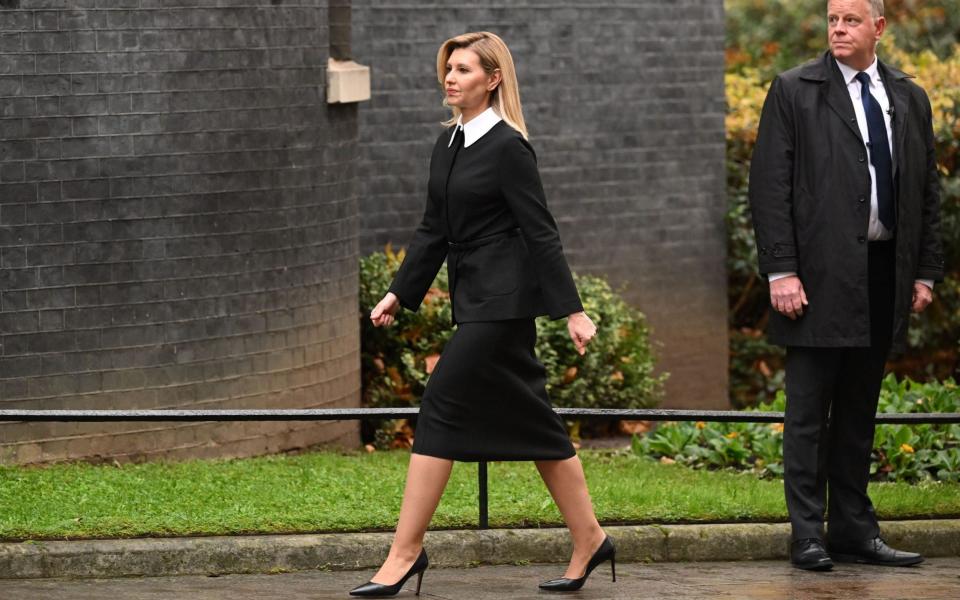‘Russia isn’t ‘adopting’ Ukraine’s children – they are being kidnapped’

- Oops!Something went wrong.Please try again later.
- Oops!Something went wrong.Please try again later.
As Russia’s invasion terrorised a generation of Ukrainian children last year, the fate of one group of youngsters hung particularly in the balance. Languishing in Soviet-era institutions across the land were 25,000 orphans – most with no parents to pick them up and run from Vladimir Putin’s bombs.
Some orphanages were forced to shut, their children handed over to emergency care or whatever relatives could be found to look after them. Other orphanages, in cities under Kremlin occupation, saw their children deported along with thousands of others to Russia, where families are paid to adopt and “assimilate” them.
The state-backed child abductions have been denounced as a crime against humanity, amid fears that many may never see Ukraine again. Yet it has also shed an unflattering light on Ukraine’s orphanage system itself – a legacy of Soviet rule that Ukraine’s First Lady, Olena Zelenska, has vowed to end. Her new charity, the Olena Zelenska Foundation, is backing a policy of “deinstitutionalisation”, phasing out orphanages in favour of foster care instead.
“We inherited these institutions from our time as part of the Soviet Union,” Nina Horbachova, the foundation’s Kyiv-based director, told The Telegraph. “The children who are in them are often not properly socialised or educated in a family atmosphere, and we want to change that.”
The Foundation started this February with humanitarian aid for 247 kids from family-type orphanages. The 34 families from the Kyiv region got everything they needed to provide a fuller childhood.
[1/3] pic.twitter.com/2BqNcrFssb— Olena Zelenska Foundation (@Zelenska_FND) February 8, 2023
Ukraine has Europe’s largest number of children in orphanages, with 25,000 in full-time care and 100,000 in part-time care, many of them with disabilities. They are a reminder of life under Communism, when the state insisted it knew best, and routinely put children into institutional care. Sometimes this was because of genuine family difficulties; sometimes because parents had just fallen foul of the authorities.
Last year, a BBC investigation revealed conditions in orphanages reminiscent of those in 1990s Romania, where an international outcry led to most being shut down. The BBC team visited some institutions where disabled residents were kept with their hands bound together. In others, adults spend their lives in cots, causing their limbs to distort.
The First Lady’s foundation’s current focus is on the 10,000 Ukrainian children already with foster families. The charity helps them cope as best they can through the war, assisting more than 2,000 who have evacuated abroad, and helping those still in Ukraine to access decent housing.
With the war also creating a new generation of orphans, the charity hopes to encourage more Ukrainian families to adopt. This hasn’t always had much take-up in the past, with many Ukrainian children being put up for adoption overseas.
“Taking on somebody else’s child is not easy, but I think many Ukrainian families may come to it with an open heart now,” says Horbachova. “And the more the war is prolonged, the more children are likely to be orphaned and need fostering.”

The Kremlin, meanwhile, has its own designs on Ukrainian children’s future. Since the war started, an estimated 14,000 Ukrainian children – including non-orphans – have been forcibly removed to Russia, according to Ukrainian officials. Some were removed during “humanitarian evacuations” of cities that came under Kremlin control, such as Mariupol. Others were taken by Russian troops if found wandering around unaccompanied, according to Horbachova.
Their future now lies in the hands of Putin’s commissioner for children’s rights, Maria Lvova-Belova, a mother-of-five who has championed the deportations personally. She styles herself as a caring “Mother Russia” figure, parading charitable deeds on a Telegram channel and attending welcoming ceremonies for Ukrainian children arriving in Russia. She has adopted five additional children herself, including a Ukrainian teenager from Mariupol called Filip.
But what she claims as a mercy mission goes in tandem with Kremlin indoctrination. On her Telegram channel, she describes how the deported youngsters get daily lessons in Russian language and history. She says that Filip, who was previously pro-Ukrainian, now thanks the “great Russian family” that saved him.
“This is just Russia kidnapping children, it is not proper adoption,” Horbachova observed. “They have no legal right to do this at all.”
Safeguarding Ukraine’s orphans is just one of the tasks that Olena Zelenska’s new foundation has set itself. The charity was launched partly to channel the offers of financial help that come the First Lady’s way as she tours world capitals to raise Ukraine’s plight. Several big names attended its launch event at last September’s UN General Assembly in New York, including Matt Damon, Brooke Shields and Hillary Clinton.
The foundation’s other projects include rebuilding hospitals and providing laptops for Ukrainians in war-ravaged areas. Longer term, the First Lady also wants to open up conversations about domestic violence and mental health. Both topics are still regarded as taboo in Ukraine, and the war has brought these into sharp relief.

